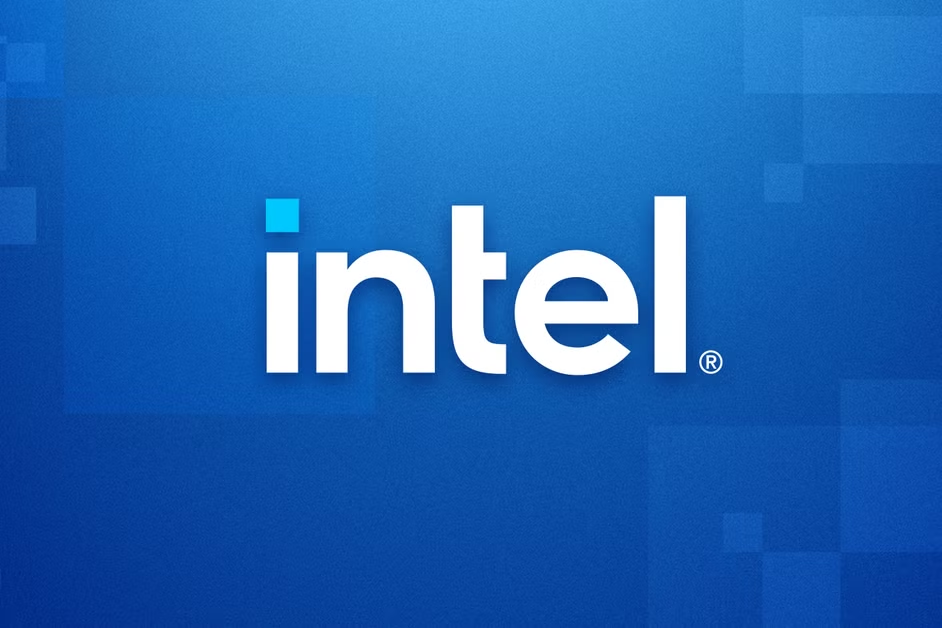The appointment of Lip-Bu Tan as the CEO of Intel has sparked controversy due to his extensive investments in Chinese technology companies, some of which have ties to the People's Liberation Army (PLA). This situation raises national security concerns given Intel's crucial role in the U.S. defense sector and its $3 billion contract with the U.S. Department of Defense.
According to a Reuters review of corporate filings in both China and the United States, Tan controls over 40 companies in China and holds minority stakes in over 600 entities through investment companies he manages or owns. These investments, valued at over $200 million, include companies that are contractors or suppliers for the PLA. Some notable examples include Semiconductor Manufacturing International Corp. (SMIC), Dapu Technologies, HAI Robotics, Intellifusion, QST Group, and Wuxi Xinxiang Information Technology Co. While Walden exited its SMIC investment in 2021, the other companies remain part of Tan's portfolio.
These investments have drawn scrutiny from investors and national security experts, who fear potential conflicts of interest. Intel is one of only three companies globally capable of manufacturing the most advanced computer chips and is the sole U.S.-based company among them. This makes the company a critical asset for American technological leadership and national security.
Specifically, concerns revolve around Tan's ability to impartially lead Intel while simultaneously maintaining financial interests in companies that could potentially undermine U.S. interests. Some argue that his deep connections to the Chinese tech industry could compromise Intel's efforts to compete with Chinese firms and fulfill its commitments to the U.S. government.
Despite the controversy, it is currently legal for U.S. citizens to invest in Chinese companies, even those with ties to the military, unless those companies appear on the U.S. Treasury's Chinese Military-Industrial Complex Companies List. Intel has stated that Tan has completed a questionnaire for directors and officers, disclosing any potential conflicts of interest, and that the company handles such matters appropriately and provides disclosures as required by SEC rules. However, the company has not commented specifically on Tan's investments in China.
Some analysts defend Tan, citing his decades of experience and deep knowledge of the Chinese tech scene as valuable assets for Intel's growth. They argue that his expertise could help Intel navigate the complex Chinese market and identify new opportunities. However, others maintain that the potential risks outweigh the benefits.
The situation highlights the increasing tension between the U.S. and China in the technology sector. As the two countries compete for global leadership in areas such as semiconductors, artificial intelligence, and quantum computing, any potential conflicts of interest involving key players like Intel and its CEO are bound to attract significant attention and raise difficult questions about national security and economic competitiveness. It remains to be seen how this situation will evolve and what impact it will have on Intel's future and the broader U.S.-China relationship.

















